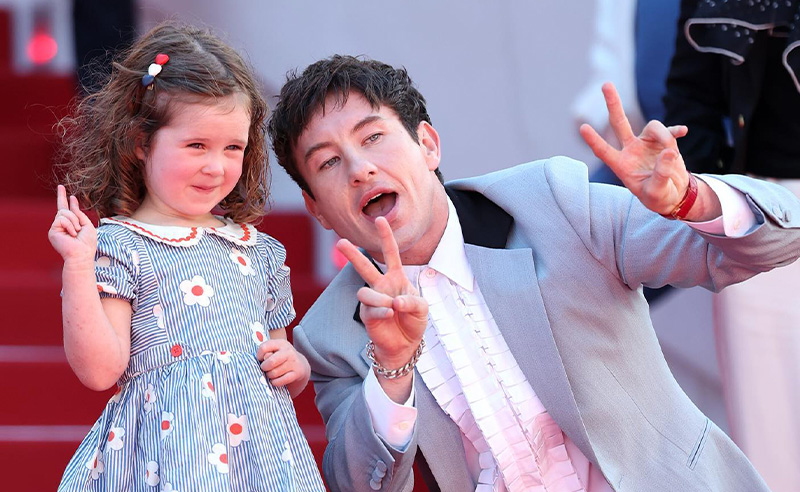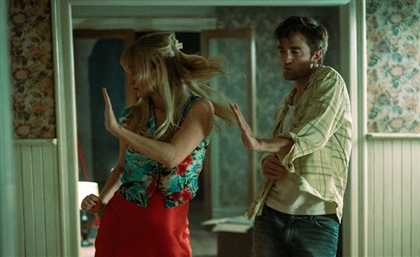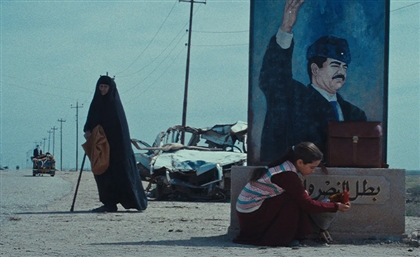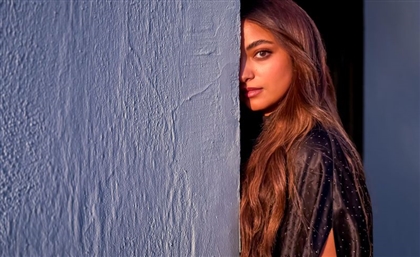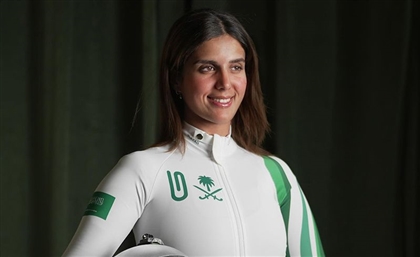Cannes 2024: Andrea Arnold’s ‘Bird’ Slowly Soars to Surreal Heights
Starring Nykiya Adams, Barry Keoghan and Franz Rogowski, Andrea Arnold's ‘Bird’ marks her return to narrative features since 2016's ‘American Honey’.
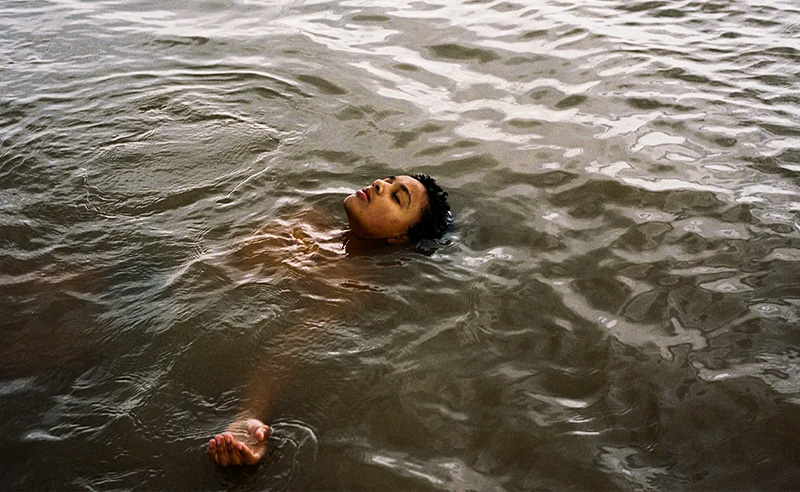
Andrea Arnold's long-awaited narrative feature, ‘Bird’, premiered to applause at the Cannes Film Festival. Distributed by Cornerstone Films, Arnold’s film competes for the coveted Palme D’Or, as well as the Queer Palm award. Much like Arnold’s previous works, ‘Bird’ delves into the lives of outcasts living on the margins of society. The story follows Bailey, portrayed by newcomer Nykiya Adams, living with her brother Hunter (Jason Buda) and their single father Bug (Barry Keoghan) in a squat in northern Kent. With Bug's absence, Bailey seeks adventure elsewhere.
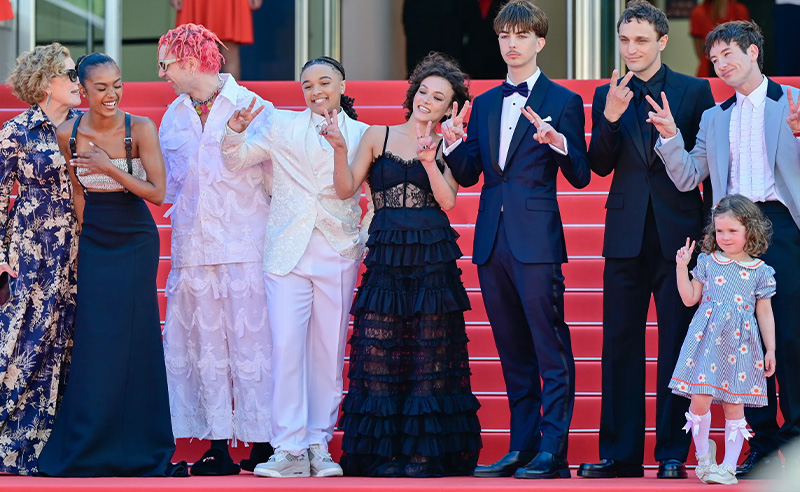
Coming into the film, I had extremely high hopes. After all, it boasts the talents of Barry Keoghan and Franz Rogowski, both of whom have been making waves in the industry as of late. Keoghan's recent successes include a BAFTA win and an Oscar nomination for ‘The Banshees of Inisherin’. But what really added allure to ‘Bird’ is the fact that the rising star had apparently turned down a role in Ridley Scott’s ‘Gladiator’ sequel to commit to this small, independent film. Co-starring with him is another festival regular in Franz Rogowski. Rogowski’s rise in the industry is evident with acclaimed performances, including his English-language debut in Ira Sachs' ‘Passages’.

The long-awaited return of Andrea Arnold was worth the wait, but it is not without its flaws. Known for her distinct brand of social realism, Andrea Arnold's ‘Bird’ marks her return to narrative features since 2016's ‘American Honey’. Prior to that, Andrea Arnold carved a distinguished path as a director. The director left her mark at Cannes on several occasions, winning the Jury Prize an astonishing three times. First, with her thrilling feature debut, ‘Red Road’, then again with the exceptional ‘Fish Tank’, and most recently, ‘American Honey’. Could she repeat that success with ‘Bird’?

The film features all the trademarks of an Andrea Arnold work, but unlike her previous work, Arnold blends social realism with an element of surrealism. In fact, the film falls into the same category of magical realism as ‘Happy As Lazzaro’, a film I absolutely adored. That said, the surrealism here is executed less subtly than that film. Some of the CGI shots even feel a bit distracting in an otherwise solid effort from Arnold. While it's not her best work, that title is still a toss-up between ‘Fish Tank’ and ‘Red Rocket’, ‘Bird’ is definitely an improvement over her last fictional feature ‘American Honey’. The best part of the film is its electrifying ensemble. Barry Keoghan and Franz Rogowski in particular deliver standout supporting performances. Whenever they’re on screen, it’s hard to pay attention to anything else.
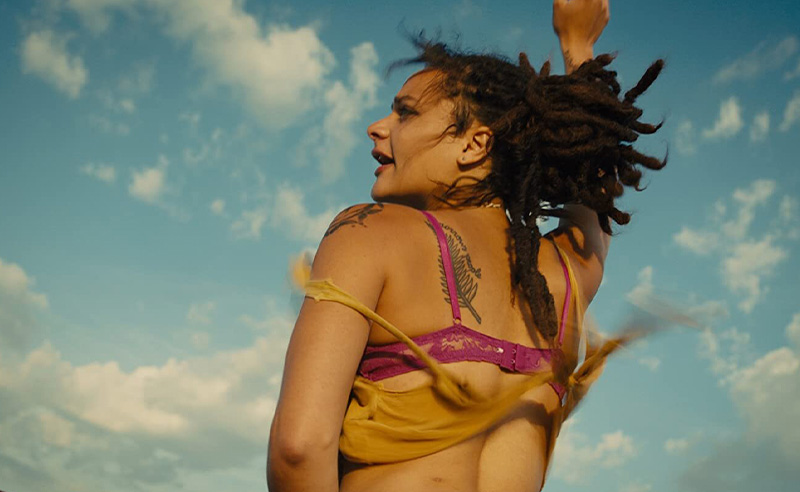
In this unconventional coming-of-age story, Bailey constantly retreats into her imagination to escape the monotony of life and her frustrations over Bug’s sudden engagement to a woman he met three months ago. In this imaginative world of squatters, Bailey meets a kindly vagabond named Bird (Rogowski), who dresses in skirts and tattered clothing. Bird serves as a spiritual protector to Bailey, providing her friendship in an otherwise rough setting.
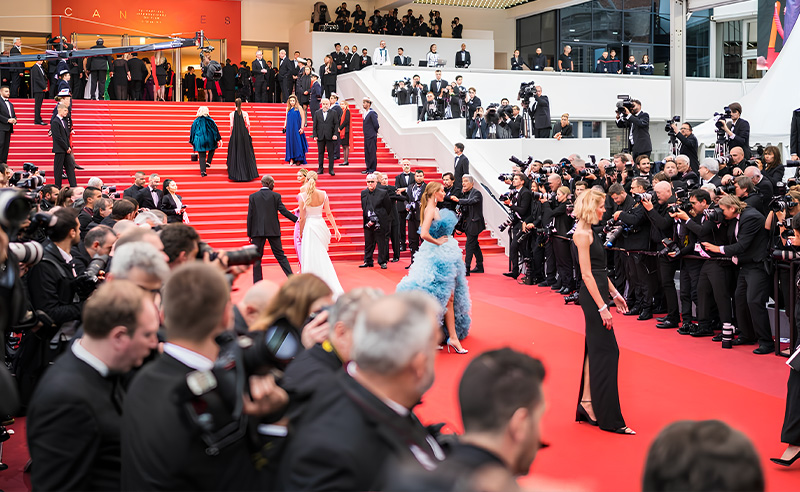
I expect a lot of viewers to debate the existence of this character after the credits start rolling, but I won’t go into that to avoid spoilers. While I’m still processing some of its themes, I do wish it had arrived at its message a bit sooner. The first act of ‘Bird’ feels a bit repetitive, but once the story gains momentum, it takes the audience to unexpected heights. When ‘Bird’ finally does spread its wings, it soars well above other coming-of-age features. The only thing that hinders it from reaching its full potential are minor flaws within its execution.
